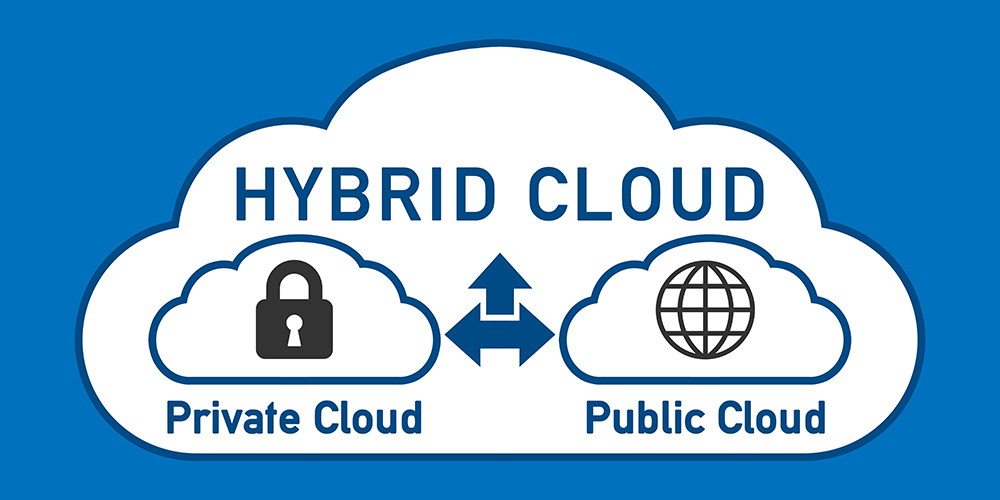Cloud computing, once an emerging technology, is now common, and is proving valuable in this time of remote work resulting from the COVID-19 quarantine. To access data and applications, all that is needed is a computer and an Internet connection. Each type of cloud environment–public, private, and hybrid–comes with its own benefits and considerations. Read on to learn more about what each offers, and to consider which is best for your business.
Benefits and Considerations of Public and Private Cloud Environments
While all cloud environments have benefits, your business’ needs will impact which one you choose. Public cloud, often used by businesses, schools, and government organizations, is the least expensive, and is easily accessible. All that’s needed is a computer with access to the Internet. Public cloud, like other cloud environments, is flexible and easily scalable, depending on how much demand your business receives. A consideration is sharing computing resources with other entities, and how much bandwidth is available. Another question to ask your IT professional is security of data during migration to the public cloud, and once it resides there. Private cloud environments, in contrast, can help a company keep its data and applications secure, since the public cloud environment is used exclusively by one organization. For organizations needing to follow data-protection regulations, they might ask about private cloud. Private cloud has the same flexibility as public, with added security.
Considering a Hybrid Cloud Environment
A hybrid cloud environment is a combination of on-premise, third-party, public cloud and private cloud, with some infrastructure owned and used by a business, and some owned by a cloud service provider. A company might consider hybrid cloud if it wishes to have some infrastructure onsite for failover in case an off-site data center experiences an outage. If a ransomware attack occurs, locally stored data can be accessed easily. One advantage of off-site resources is access to new features not available on a legacy system. Another consideration for use of hybrid cloud includes the health of your network;is it strong enough to keep from developing bandwidth bottlenecks resulting in loss of productivity?
For assistance with determining your ideal cloud environment, or looking at a new way of using the cloud, contact us today.

